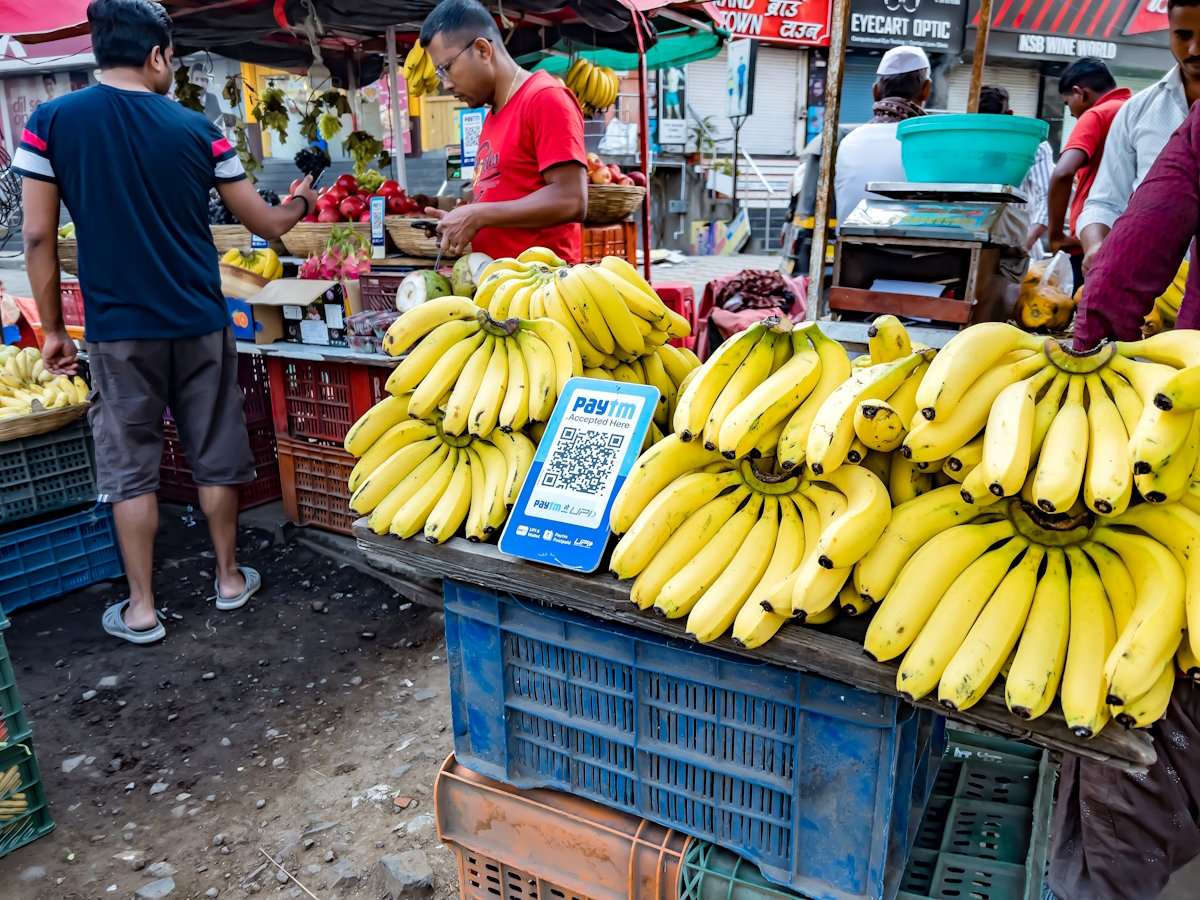India’s domestic digital economy is undergoing a remarkable transformation. According to the Reserve Bank of India’s (RBI) latest report, the digital economy accounts for 10% of GDP and is projected to double to 20% by 2026. This rapid growth is attributed to India having the lowest data costs in the world, and the number of internet users is rising sharply.
The RBI’s ‘Report on Currency and Finance for 2023-24’ highlights the significant expansion of the internet user base, which has increased by 199 million over the past three years. Despite an internet penetration rate of 55% in 2023, India’s data cost per gigabyte is the lowest globally, averaging $0.16. This affordability has driven the country to have one of the highest mobile data consumption rates worldwide.
The Indian Council for Research on International Economic Relations (ICRIER) places India as the third most digitalised country globally, trailing only the USA and China. Notably, in terms of digitalisation, India surpasses several developed countries, including the United Kingdom, Germany, and Japan.
“India’s digital economy is defined by its favourable demographics, impactful policy decisions, a large informal economy, and deep inefficiencies, along with distinct regulatory frameworks,” notes VanEck, emphasising the strategic advantages propelling India’s digital transformation.
Companies leading this transformation are poised for exceptional growth, as per the investment firm. “This digital transformation is creating a ripple effect across the economy, opening up new avenues for businesses and investors,” says Angus Shillington, Deputy Portfolio Manager at VanEck. The e-commerce market, in particular, is anticipated to grow exponentially alongside a booming digital payments sector driven by increased mobile payment adoption.
Global X acknowledges that the Digital India Program, initiated in 2015, is now yielding significant results. “Government incentives are now helping drive additional long-term growth opportunities,” remarks Paul Dmitriev, Senior Investment Analyst at Global X.
Both agree that the potential of India’s digital sector offers numerous opportunities for investors. These opportunities span both digital disruptors and traditional IT consultancy firms facilitating these disruptions, as highlighted by VanEck.
Global X highlights India’s powerful start-up ecosystem. “For example, Zomato, a mobile food delivery and quick commerce platform, was only listed in 2021 and took six months to be added to the MSCI India Index,” says Dmitriev. According to the analyst, “there are thousands of digital and e-commerce-related start-ups in India seeking to take advantage of increased internet and smartphone penetration.”


 Australia
Australia China
China India
India Indonesia
Indonesia Japan
Japan Malaysia
Malaysia Philippines
Philippines Singapore
Singapore South Korea
South Korea Taiwan
Taiwan Thailand
Thailand Vietnam
Vietnam







